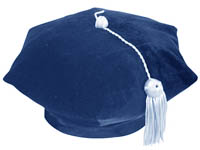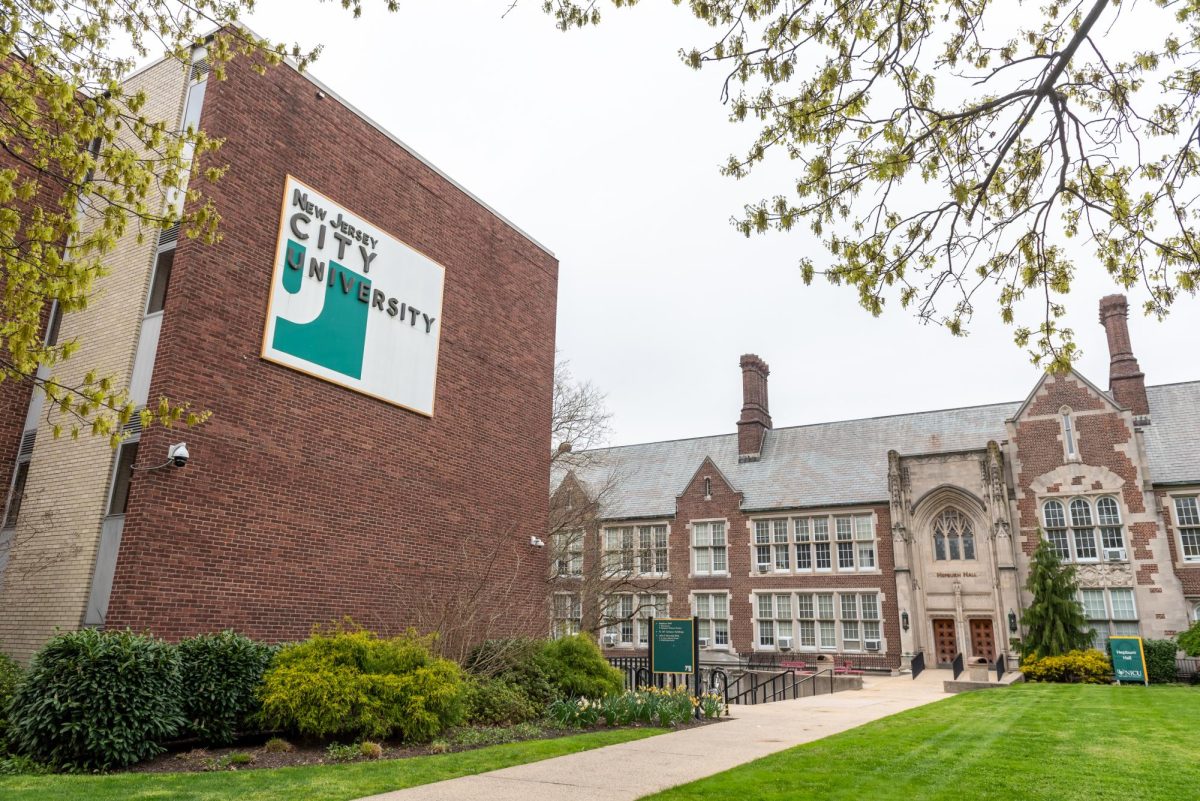New Jersey City University will be starting its first doctorate degree program in the college of education starting in the summer of 2013. The Doctor of Education Program (Ed.D.) is the first doctoral program to be offered by NJCU’s Deborah Cannon Partridge Wolfe College of Education and is the second doctorate degree program NJCU has offered to students who are looking to enhance their careers in doctoral study.
The first doctorate to be offered was the The Doctor of Science (DSc) in Civil Security Leadership, Management and Policy (CSLMP).
The program is the only one of its kind in the state of New Jersey and is available to students with a master’s degrees in any field. The program is also available to students who do not have a master’s degree. The doctoral program will help students in education majors to become leaders in professional fields.
“The doctoral program has been designed to create technology leaders in the education and professional fields, said Dr. Allan De Fina, Dean of the College of Education, in an email interview. “These leaders would be well-versed in new and emerging technologies and would be able to choose and oversee the selection and use of such technologies at their institutions.
Because of the intensity of doctoral study, there can only be a maximum cohort of 25 enrollees. In the first year of a doctoral program, the group of enrollees may be smaller.
“We anticipate that there will be great interest in the program, the only one of its kind nearby, so we should meet any minimum number necessary to run the program,” said De Fina.
“One exciting element is that there is a course that teaches people to teach in a college setting,” said Dr. Cordelia Twomey, the Department Chairperson of Educational Technology in the College of Education. “Also, they [doctoral students] come to campus for three, one-week sessions in the summer and the rest of the work can be completed online.”
Graduates of this program will be prepared to work in a variety of new positions that did not exist ten years ago such as chief technology officer, director of technology, director of curriculum and technology, program administrators, evaluation specialists and educational consultants. Graduates will also be prepared to teach in two-year and four-year colleges and corporate training environments.
“Education majors are [supposed] to get better degrees,” said Carla Lee, 19, Biology major, from Linden, “I think nowadays you need different degrees.”
“NJCU has 80+ years of experience in preparing educators. Based on their experience, the faculty of the Educational Technology Department saw a need for this type of program. The Master’s Degree is already accredited by the International Society for Technology in Education (ISTE) and this was a natural progression,” said Dr. Twomey.
The Doctor of Education Program is going to be offered by the NJCU Department of Educational technology and is one of a few dozen throughout the United States that is recognized by the International Society for Technology in Education.
Kendra Lee, 19, Education major, from Linden said, “I think the program is good for the school, but I’m still thinking about it, but it’s an option.”








